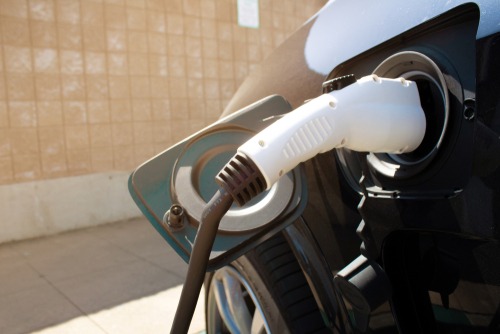
More than 90 percent of vehicle-owning households in the United States would see a reduction in the percentage of their income spent on transportation energy if they switched to electric vehicles (EVs) and reduce the amount of greenhouse gases they generate, according to a recent University of Michigan study.
The reductions would be seen the most on the West Coast and in parts of the Northeast because of lower electricity prices and cleaner energy grids. Households in those regions could reduce their annual transportation-energy costs by $600 or more by purchasing a new EV and cut their annual carbon footprint by more than 4.1 metric tons of carbon dioxide equivalents.
The study also found that lower-income households in other parts of the country would continue to experience the highest transportation energy burdens. More than half of the lowest-income U.S. households, an estimated 8.3 million households, would continue to spend more than 4 percent of their household income on gasoline or charging up.
Very high EV transportation energy burdens, ranging from 10 percent to 64 percent, would persist for the lowest-income households.
Lower-income households are defined as those with incomes of less than 30 percent of the local median.
Eight percent of U.S. households would see low savings.